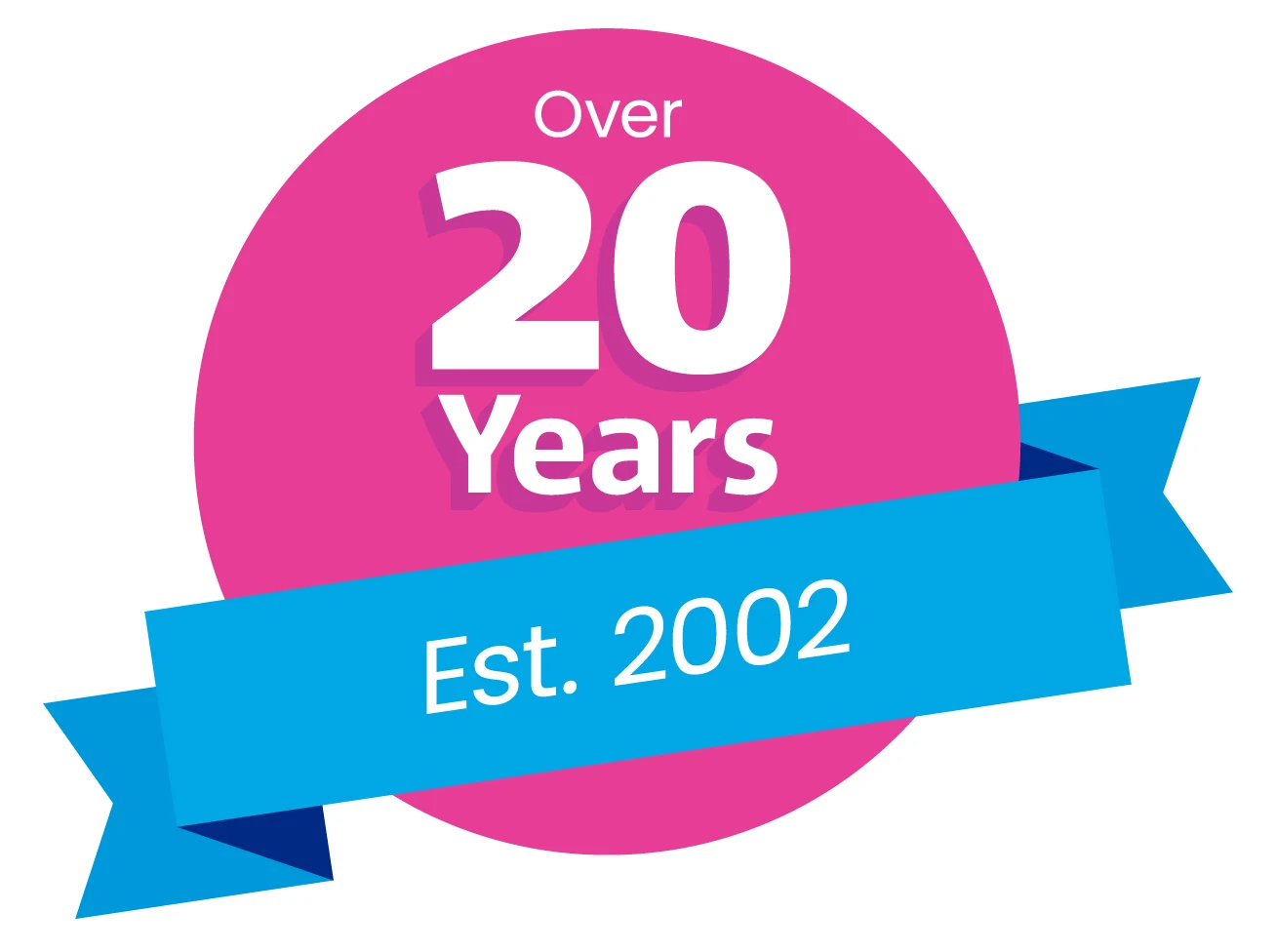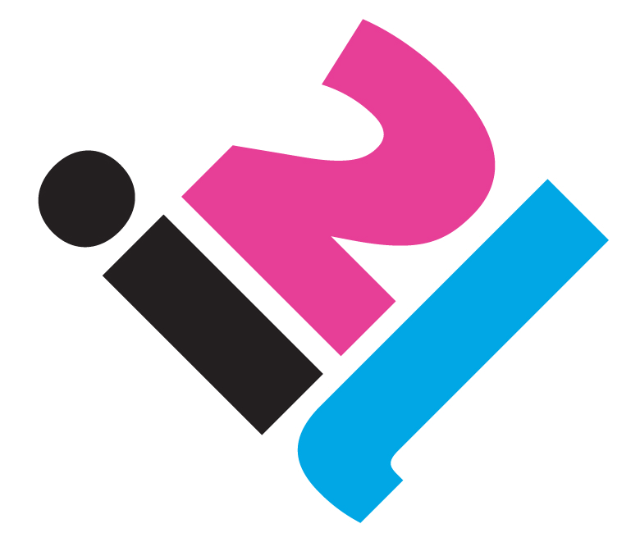A – Z Coaching and Mentoring – This week’s extract outlines ‘Resistance’ – the ways it can present itself along with ways in which resistance to coaching can be overcome.
Don’t forget if you have a special request for a definition of a coaching term or principle, just let us know! Perfect for anyone studying for an ILM Coaching & Mentoring qualification, or as a refresher for experienced coaches.
Rr
Resistance is more likely to present itself where coaching has been suggested or imposed, rather than where someone has requested a coach and is therefore more likely to fully engaged in the ethos and process. Some factors that create resistance include:
- Limiting beliefs
- Fear
- Old habits and patterns
- Ignorance
Resistance from a client during coaching may present itself in the following ways:
- Getting stuck or presenting barriers
- Ambivalence, sulkiness or reluctance to take action
- Opposition to conscious thought about the goal or problem
- Becoming angry or defensive
- Seeking clarity, suggestions or advice
- Diverting the conversation with unnecessary detail or over-long stories
- Asking the coach questions to divert the focus of attention from themselves
- Reluctance to engage with feelings or emotion
- Failing to complete agreed actions
- Repeated re-scheduling or cancellation of appointments
Some argue that resistance is a sign that the coach has failed to establish rapport with the client, so this could be a potential area for improvement. Here are some other ways in which resistance to coaching can be overcome, both with individuals and across organisations:
- Explain what coaching is and what it isn’t – a better understanding of the process
- Present the benefits, including measurable return on investment and research findings
- Use coaching for high performers as well as for addressing problems
- Create a clear induction or contracting process
- Clarify confidentiality
- Help a client to notice their resistance and as the coach remain non-judgemental
- Ask Socratic questions
Taken from the A-Z Coaching Handbook by Clare Smale where you will find a comprehensive A-Z, plus a full list of references.
Contact us for your copy or order through our website. See you next week!




